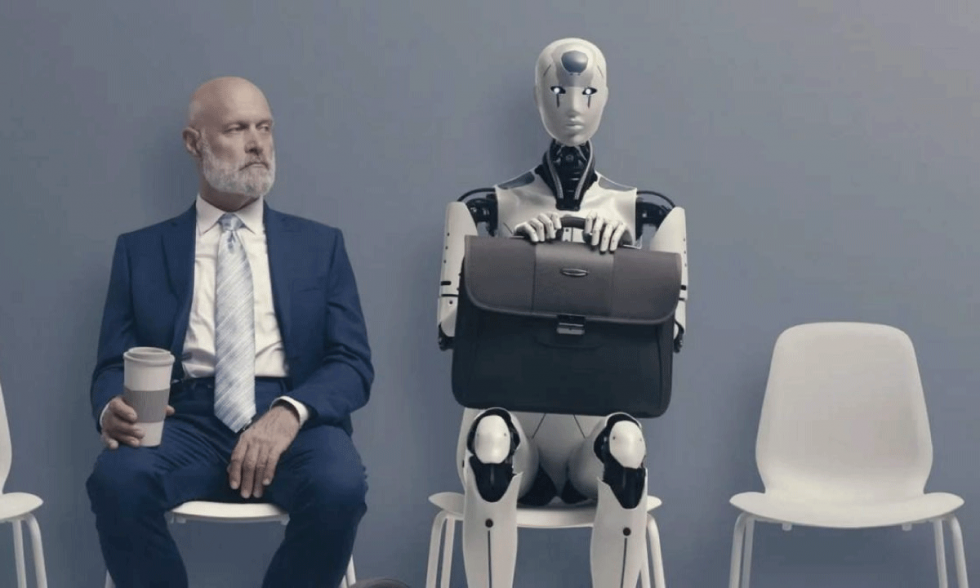Cassie Kozyrkov on Decision Intelligence: How AI Can Empower Better Choices
As artificial intelligence becomes increasingly accessible, the real challenge is no longer how to get answers—but how to ask the right questions. That’s the premise of Cassie Kozyrkov, one of the world’s leading voices in decision intelligence and former Chief Decision Scientist at Google.
In a recent interview with The Verge, Kozyrkov discussed how the power of AI can only be truly leveraged when paired with clear intentions, strong values, and human accountability. Far from being a replacement for judgment, AI, she says, is a tool to enhance it—if used wisely.
Kozyrkov now leads her own consulting firm, Kozyr, where she works with global organizations to build systems that integrate AI into their decision-making processes with clarity, ethics and strategic design.
AI Makes Answers Cheaper—But Are You Asking the Right Question?
“The cost of getting an answer is falling,” Kozyrkov explained, “but that only increases the cost of asking a bad question.” With generative AI tools producing information quickly and fluently, many organizations fall into the trap of mistaking convenience for accuracy.
In business, education, health care and government, the consequences of poorly designed questions can be profound. Kozyrkov advocates for a more rigorous approach to decision-making, one that begins not with data, but with design: What are we trying to achieve? What does success look like? What risks are acceptable?
These are not technical questions. They are strategic, ethical and deeply human. And answering them well is a prerequisite to using AI responsibly.
Decision Intelligence: A New Framework for Complex Thinking
Kozyrkov is one of the pioneers of decision intelligence, an emerging discipline that combines data science, psychology, economics and organizational design. Its goal is to improve how humans—and institutions—make decisions in complex environments.
At Google, she trained more than 20,000 staff members to think beyond metrics and toward mission-driven outcomes. Her work emphasized the need for shared understanding between technical teams and decision-makers, reducing friction and preventing misaligned objectives.
For Kozyrkov, good decisions come not from better algorithms, but from better conversations. That means involving stakeholders, understanding context, and defining success with care. Only then can AI tools be calibrated to deliver meaningful results.
The Illusion of Fluency
One of the most dangerous aspects of modern AI, according to Kozyrkov, is its ability to generate text that sounds right—even when it’s wrong. “Fluency isn’t accuracy,” she says. And yet, fluent AI responses often give a false sense of confidence, especially to those unfamiliar with the underlying data or assumptions.
This is where education plays a crucial role. Leaders, educators, and professionals don’t need to become engineers—but they do need to become AI-literate. That means understanding how models are built, what their limitations are, and how to challenge their outputs when necessary.
The goal isn’t to eliminate human judgment, but to elevate it—to give people better tools for thinking clearly in a noisy, complex world.
Why the Human Element Still Matters
Kozyrkov often shares a personal story: after experiencing pain in her feet during runs, she used a machine learning tool to analyze her shoe-lacing technique. The AI didn’t prescribe a solution—it simply offered insights that helped her rethink her approach. The decision was still hers.
This anecdote highlights her core message: AI is not the decision-maker. You are. The role of AI is to reveal possibilities, not to choose among them.
She also emphasizes the importance of matching effort to impact. Not all decisions need to be data-heavy. Some require intuition, others collaboration, and some just speed. The key is knowing which approach is right for which moment—and being intentional about it.
Implications for Global Education and Leadership
Kozyrkov’s work has powerful implications for educators, policymakers and institutions worldwide. As AI tools become standard in classrooms and boardrooms, the ability to design meaningful questions, interpret outputs, and act with integrity becomes a critical 21st-century skill.
In emerging economies and underserved regions, decision intelligence can also help optimize scarce resources, prioritize high-impact interventions, and reduce inefficiencies in public services. But this requires more than access to AI—it requires training, frameworks and leadership.
Her call to action is clear: don’t adopt AI because it’s trendy. Adopt it because you’ve identified a real decision that matters—and you’re prepared to make it well.
Decision Intelligence as a Pillar of Responsible Innovation
In an age of automation, Kozyrkov argues, the most important skill may not be coding or data analysis—but decision design. That means knowing how to define goals, measure outcomes, and align technology with values.
For global leaders navigating uncertainty, AI offers tremendous potential—but only when combined with strategic clarity and human insight. Kozyrkov’s approach reminds us that intelligence, artificial or not, is only as good as the choices it helps us make.
The future doesn’t belong to those who automate the fastest. It belongs to those who decide the wisest.
Source: The Verge
Related Articles

ChatGPT’s strategic prompts are reshaping entrepreneurial education by enabling the creation of automated, high-revenue business models without traditional employee structures. This trend highlights the growing role of AI as both an instructional and operational tool for founders and business learners.
Todos los derechos reservados



Comentarios